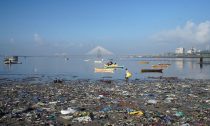
But much of the trash in the ocean is not so obvious. National Geographic reports that the iconic Great Pacific Garbage Patch — also known as the Pacific trash vortex — is really more of a soup of small plastic particles the sun has broken down, punctuated by larger items such as fishing nets and shoes. Much of the trash is dumped into the sea from ships. But most comes from land: bottles, cups, bags...


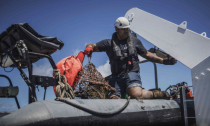
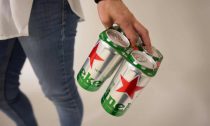
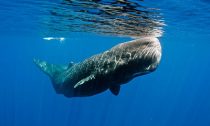
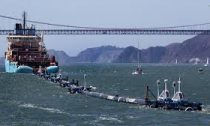
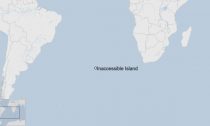
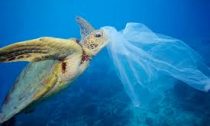
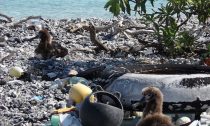

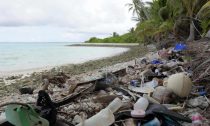


Social Profiles